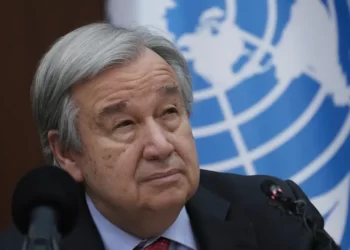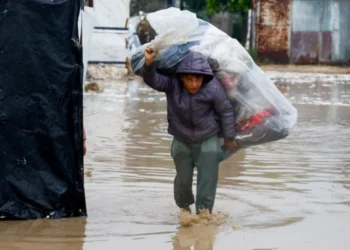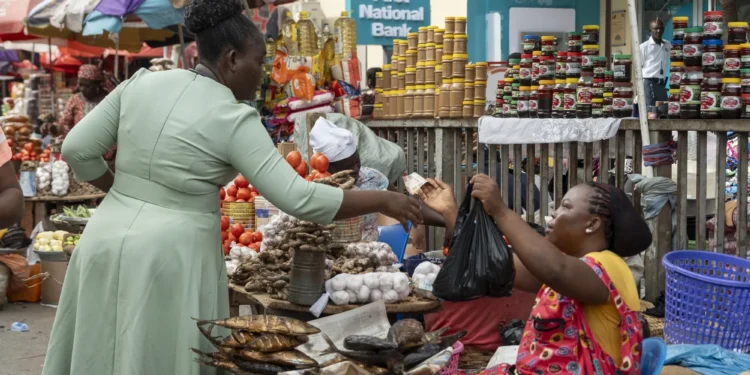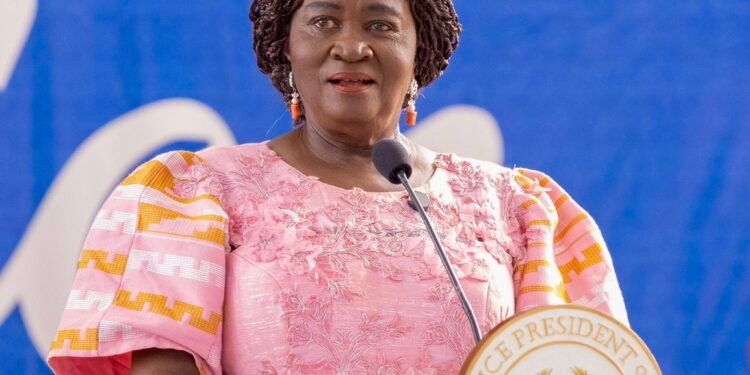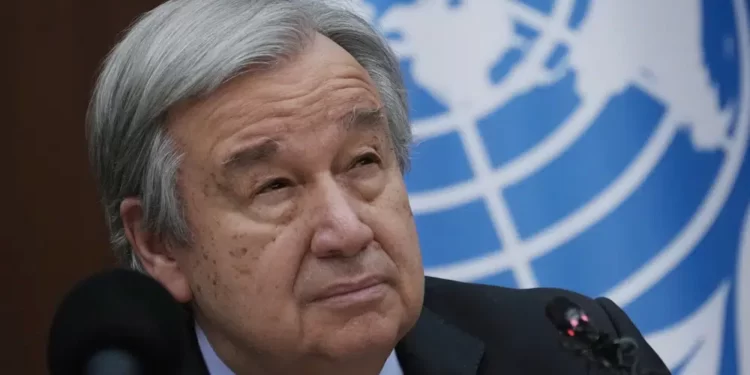It’s been a year since the world was jolted by the shocking Hamas attack on Israel, an event that sent shockwaves through the region and beyond.
As Israel marks the anniversary of the October 7 attacks, the echoes of conflict resonate once more with renewed military strikes against Hamas.
Simply put, Israel marked October 7 anniversary with more strikes.
Israel’s military announced that it launched attacks against Hamas positions throughout the Gaza Strip. It also stated that it intercepted three rockets launched from the Gaza enclave, adding that a fourth fell in an open area.
As the Israeli military launched fresh strikes against Hamas positions in Gaza on this somber anniversary, it made a disclosure of staggering statistics.
The military claimed that in the past year in the Gaza Strip, Israel has bombed more than 40,000 targets, found 4,700 tunnel shafts and destroyed 1,000 rocket launcher sites.
The military said that it killed eight Gaza militant brigade commanders, about 30 battalion commanders and 165 company commanders over the past year.
Tallying troops whose names it received permission to publish, Israel’s military disclosed that 726 Israeli soldiers had been killed since 7 October 2023. Of those, 380 died in the 7 October attacks and 346 in Gaza combat starting 27 October 2023.
Injured troops numbered 4,576 since that date. Fifty-six soldiers died as a result of operational accidents, which the military did not define.
Additionally, the Israeli military revealed that it enlisted 300,000 reservists since the start of the war ; 82% men and 18% women and nearly half of them aged 20 to 29.
The number of reservists highlights the gravity of the situation and the national resolve to confront the perceived threat from Hamas and other militant groups.
Yet, as we look at the scale of military action and the number of rockets fired into Israel from various fronts, one must ask: at what cost? The cycle of violence seems to perpetuate itself, with each attack inciting retaliation and deepening animosities.
Meanwhile, the military said that13,200 rockets were fired into Israel from Gaza since the start of the war. Another 12,400 were fired from Lebanon, while 60 came from Syria, 180 from Yemen and 400 from Iran,
It said that it killed more than 800 “terrorists” in Lebanon, where 4,900 targets have been struck from the air along with about 6,000 ground targets.
Over the past year, Israel arrested more than 5,000 suspects in the West Bank and Jordan Valley.
Israelis Hold Vigils, Ceremonies To Mark One-Year Anniversary Of Hamas Attack
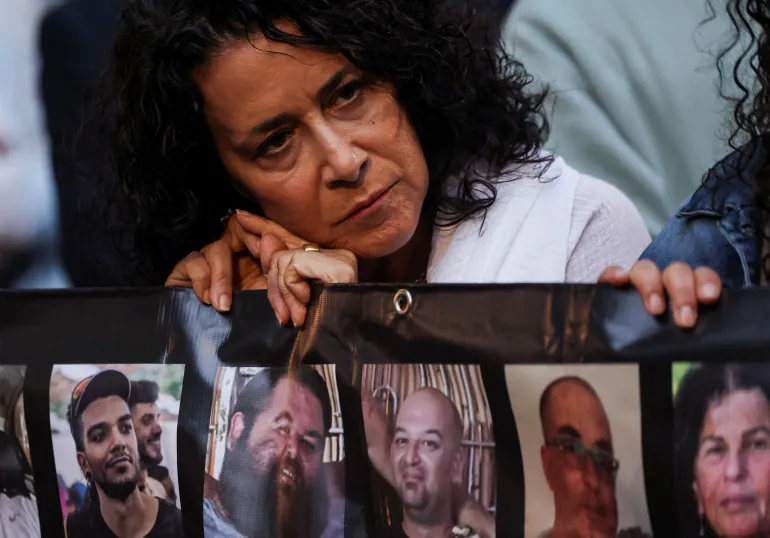
Israelis flocked to ceremonies, cemeteries and memorial sites around the country, remembering the hundreds of victims, the dozens of hostages still in captivity and the soldiers wounded or killed trying to save them.
At 6.30 am, the exact hour Hamas launched its attack, the families of those killed at the Nova music festival were at the site where almost 400 revellers were gunned down and from where many others were taken hostage.
At that same time, the families of hostages still held in Gaza, about 100, a third of whom are said to be dead, gathered outside Prime Minister Benjamin Netanyahu’s Jerusalem residence.
An official state ceremony focusing on acts of bravery and hope is set to be aired in the evening. The ceremony was prerecorded without an audience – apparently to avoid potential disruptions – in the southern city of Ofakim, where over two dozen Israelis were killed.
However, anger at the government’s failure to prevent the attack and enduring frustration that it has not returned the remaining hostages prompted the families of those killed and taken captive to hold a separate event in Tel Aviv.
That event had been set to draw tens of thousands of people but was scaled back drastically over prohibitions on large gatherings due to the threat of missile attacks from Iran and Hezbollah.
Memorials held across Israel serve as poignant reminders of the victims of the October 7 assault. They embody a collective grief that transcends political divides.
As Israelis mourn their fallen, Palestinians in Gaza continue to endure the harsh realities of conflict—displacement, destruction, and loss of life.
This dichotomy underscores the urgent need for a broader dialogue that seeks not only to address security concerns but also the humanitarian crises that result from sustained warfare.
This moment invites the world to reflect on the past year’s tumult, the resilience of communities and the pressing need for dialogue.
READ ALSO: Hon. Ablakwa Accuses Officials of Failing to Act on Galamsey Crisis





